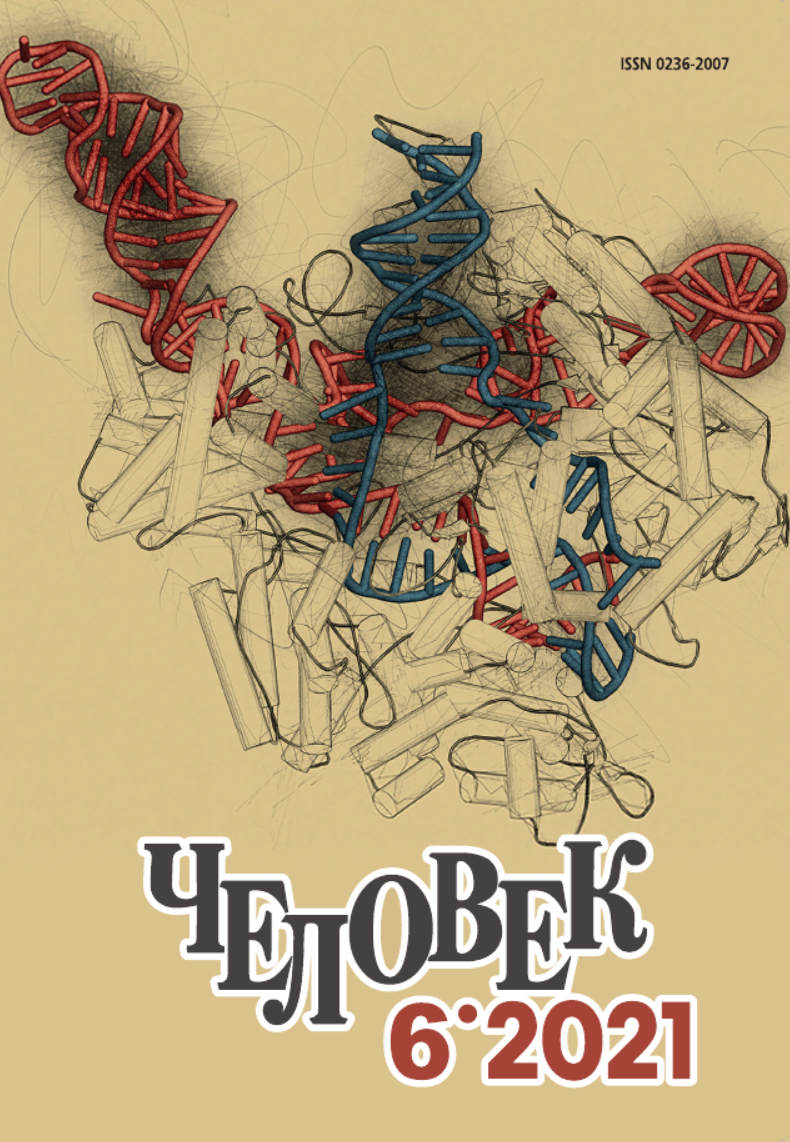Childbearing: Re-production or Creation?
Keywords:
bioethics, assisted reproduction, procreation, childbearing, preimplantation genetic diagnosis of embryos, genome editing, human designAbstract
The assisted reproduction possibilities, enhanced by the technology of gene editing, are considered in the context of the demographic trend to rationalize childbearing, expressed in the formula “a desired child at a desired time”. Applying of gene editing in human embryos illustrates the transition from quantitative measurements of procreation to the choice of the child "quality". The gene editing in the human embryo is presented as a consistent development of technological interventions into the area of human reproduction, it acts as a link in the expansion of implementation of the preimplantation diagnosis (PGD) of embryos method. When in the case of PGD the main purpose was selection, then nowadays it becomes possible to combine the selection of embryos with the modification of the genetic structure. The participation of geneticists in artificial reproduction increases the efficiency of IVF cycles and at the same time enhances the technological prosthetics of the childbearing process. Following the increase of supply in artificial reproduction, it becomes possible not just to plan a pregnancy, but also to control genetic bases that are still beyond human control, but also to determine the characteristics of an unborn child. A new anthropological situation of displacement or substitution of the value aspects of procreation, understood as procreation, i.e. a human creation, by reproduction - the production, the construction of an ability to give birth to a child first and then the children themselves. As a result, the meanings of childbearing are transformed, the reproductive attitudes and parents' intentions change. Arguments in discussions about the admissibility of intervention with the embryonic genome reflect contradictions in understanding the value of natural foundations in human birth, which are presented in procreation and reproduction opposition. An orientation towards the “quality” of children in social terms has its maintain in a transformation of family ties, in a values shift of kinship and parenthood. Thus, the gene-editing of the embryo enhances two tendencies in demographic behaviour: concern for the child “quality”, which entails eugenic consequences, and a constructive and technological trend in reproduction that threatening the natural foundations of procreation.






